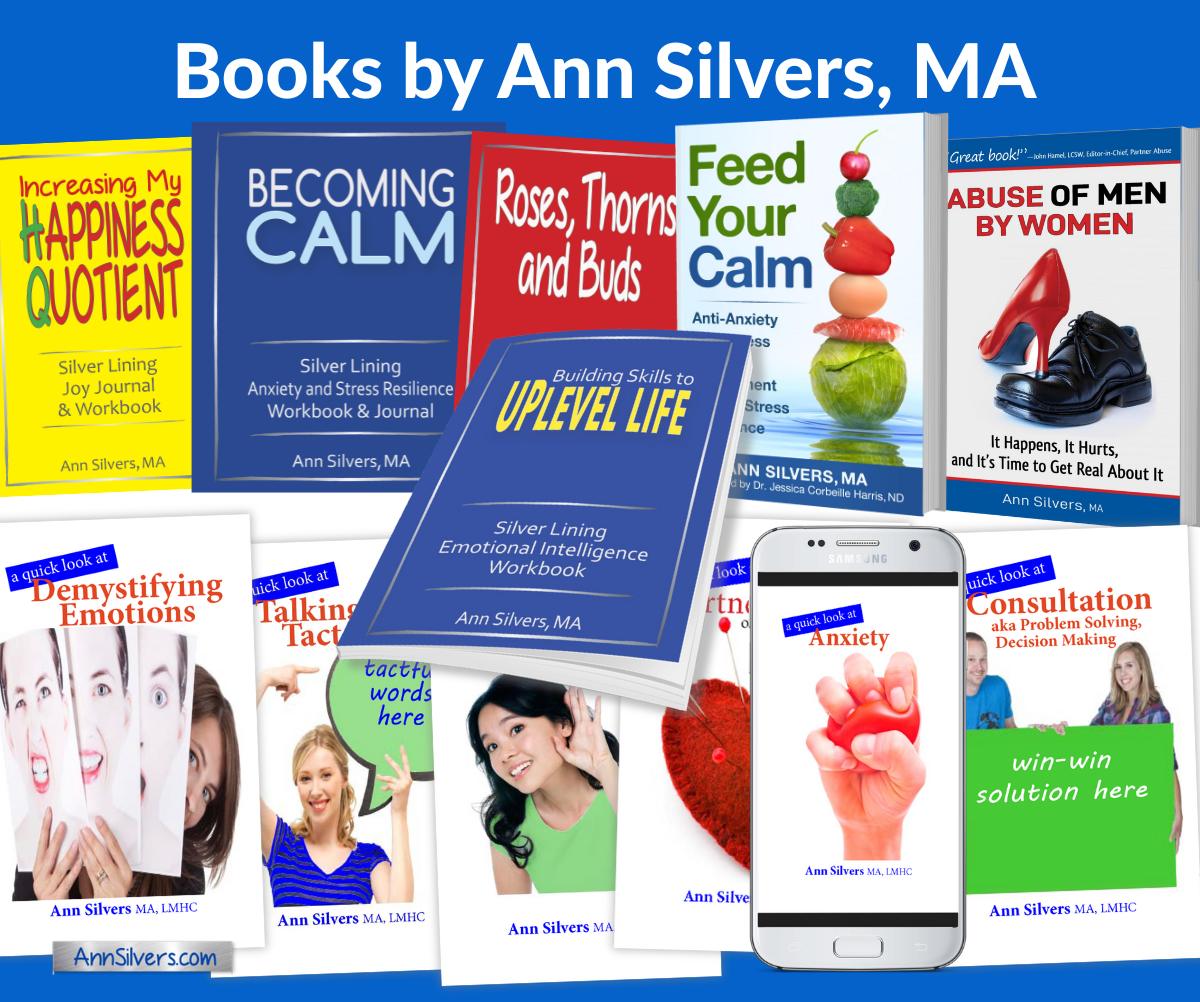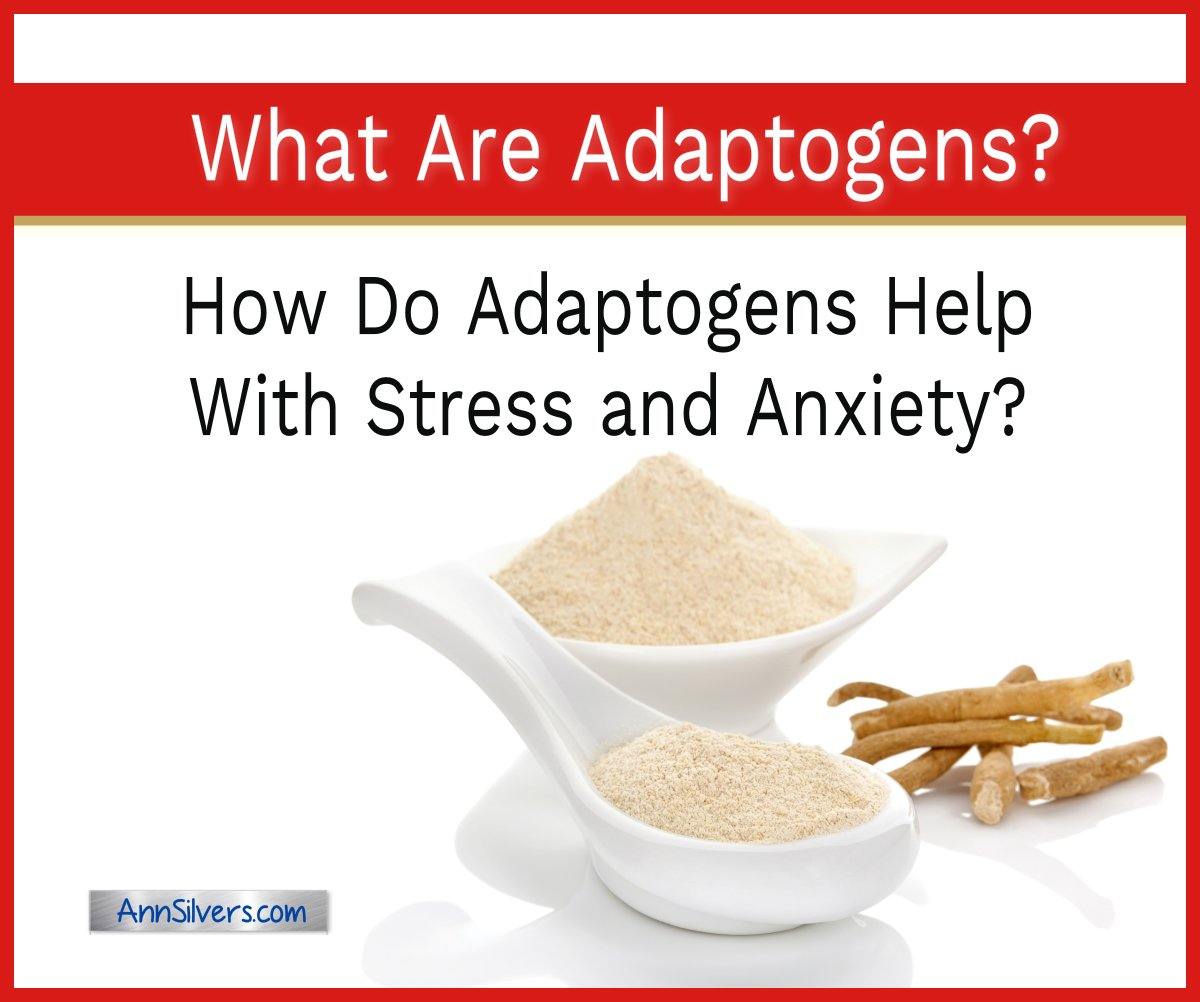
Calming Anxiety by Reducing It to Concern 0
Anxiety is heightened fear. Anxiety can grab your brain and make it spin. It is painful and it gets in the way of you dealing logically with whatever created the anxiety.
Some people try to avoid anxiety by going to an oblivious or numb place. They pretend there's no problem. Pretending there's no problem isn't going to solve the problem either.
Spinning won't make the problem go away and pretending there's no problem won't make the problem go away. The solution lies in between these two: concern.
Concern allows you to calmly examine the problem and deal with it.
- Ann Silvers
- Tags: anxiety anxiety relief stress

How to Get Vitamin C for Immune Support, Stress Resilience, and Anxiety Relief 0
Most people know that vitamin C can help you fight off a cold or flu, but did you know that it can help you deal with stress and reduce anxiety?
In this post, learn how to get high-quality vitamin C from supplements and food sources, what to avoid, and how to preserve its benefits when storing and cooking fruits and vegetables.
- Ann Silvers
- Tags: anxiety anxiety relief natural remedies for mood stress

Self-Help and Helper-Help Books by Therapist Ann Silvers 0
Through decades of working with counseling clients as individuals and couples, I've learned a lot about what helps people build healthier, happier, and more successful lives and relationships.
I've drawn on that experience to create self-help and helper-help books designed for individuals' personal use and as professional resources for teachers, counselors, therapists, and group leaders to assist their work with students and clients.
I'm up to 16 books published!
Topics include anxiety relief, what works and doesn't work in relationships, and emotional intelligence skills, among others.
Here are links for each. Some links are for the site you are currently on, and some are for Amazon. Listing books on Amazon allows each copy to be printed on demand when it is ordered—no matter where in the world you are.
The Amazon links are for Amazon.com (US), but the books are also available from Amazon in other countries, such as amazon.ca, amazon.au, etc.

What is a Normal Sleep Pattern? What is Insomnia? 0
Do you wonder whether your sleep pattern is considered normal? I used to think that healthy sleep meant that you fall asleep a few minutes after your head hits the pillow and you stay asleep until the next morning. I used to be wrong.
My understanding of what healthy sleep looks like expanded when I met a sleep specialist counselor and then again when I took a class on helping clients overcome insomnia naturally.
I'll pass on my learning about what healthy sleep patterns look like and what insomnia looks like in this post.
What's In This Post
In this article I'll cover:
- What is a Healthy Amount of Sleep?
- What Does Healthy Sleep Look Like?
- What is the Sleep Cycle?
- Insomnia Symptoms
- What is Acute Insomnia and Chronic Insomnia?
- How Common Is Insomnia?
- What Happens When You Don't Sleep
- Ann Silvers
- Tags: anxiety anxiety relief stress

7 Natural Sleep Remedies for Insomnia 0
Having trouble sleeping? You aren't alone. The CDC has declared insufficient sleep a public health epidemic.
I recently attended an excellent class by Dr. Catherine Darley, ND about helping clients overcome insomnia naturally. In this post, I'll pass on some of the things that stood out to me from the class along with information about insomnia that I've learned from other sources over the years.
- Ann Silvers
- Tags: anxiety anxiety relief natural remedies for anxiety natural remedies for mood stress

What Are Adaptogens? How Do They Help with Stress and Anxiety? 0
Adaptogens are a category of plants that help you adapt to all forms of stress: noise, physical exertion, chemical toxins, cold, exhaustion, psychological stress, and so on. They simultaneously help you feel less jittery and more energetic.
Adaptogens help you feel less anxious by moderating how your body deals with stress. They adapt and they help you adapt. They can serve as a general tonic that helps you feel better overall.
In this post, you’ll learn how adaptogens work, what makes them different from stimulants, and which ones are best for stress relief—backed by global traditions and modern research.
- Ann Silvers
- Tags: anxiety anxiety relief natural remedies for anxiety natural remedies for mood stress





